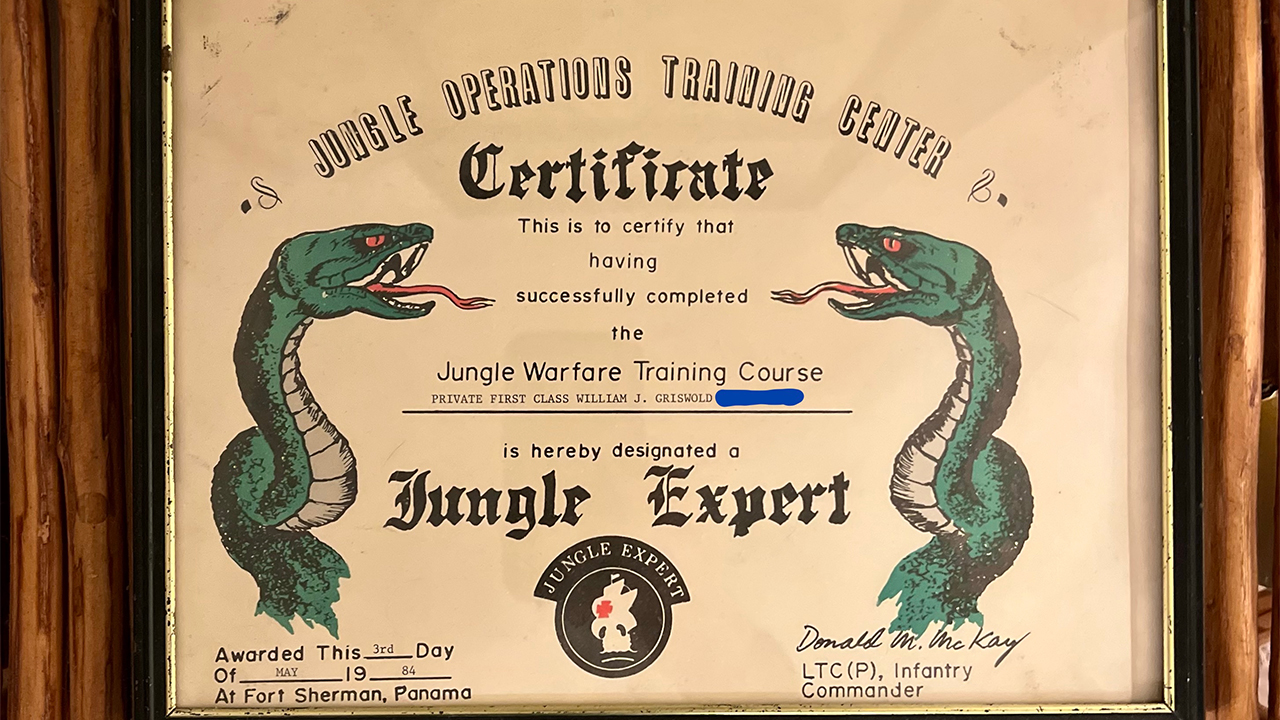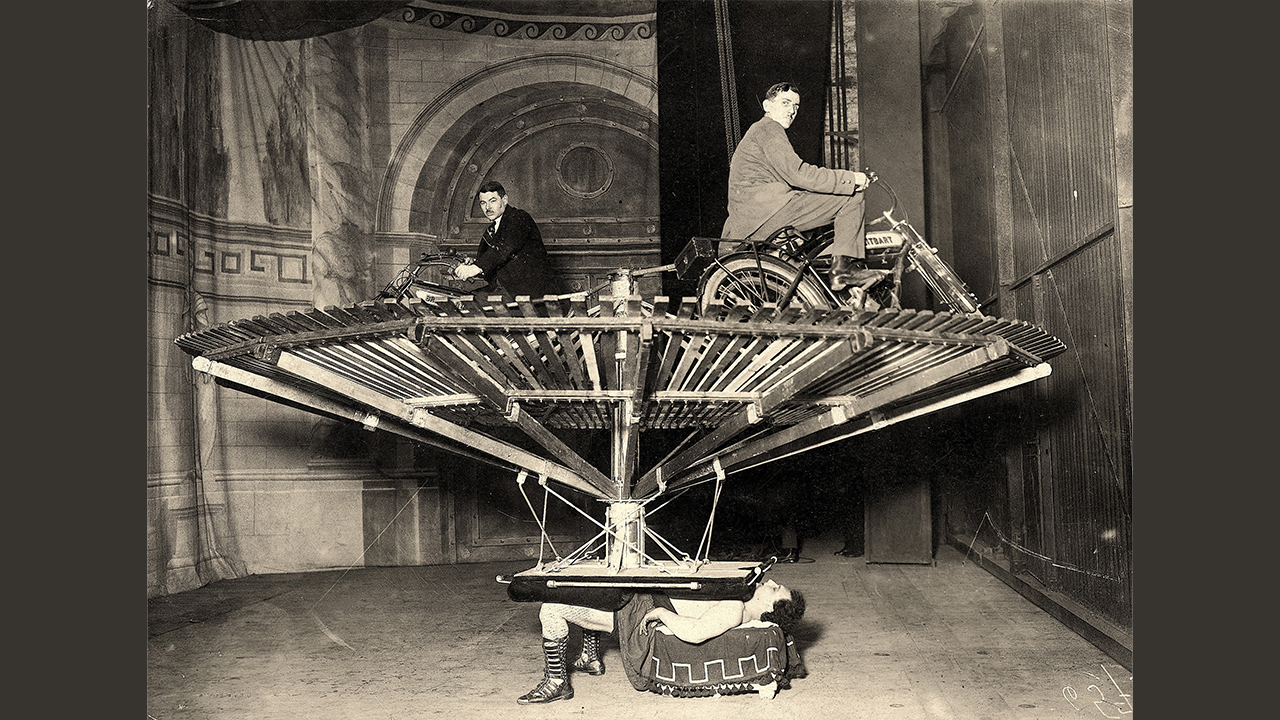The Double Bind of Provincialism
January 21, 2022

When we say “dull,” it is often the result of over-familiarity or insufficient study. Those Tiger Lilies were charming yesterday, you said. What changed?
Boredom is the collapse of the concrete into idealism. If my city is bustling but tiresome, then a more bustling city would be better. My yacht glows but not so brightly as those other yachts that carry smaller yachts on their decks.
I might long for a city’s “vitality” but if pressed would say I really want their vol-au-vents, their museums, the sun on their playas. These things might be dimly or wrongly remembered or imagined, or they might have been turned into metaphors (“big apple”), but the abstractions began with specifics. No ideas but in things, says the good doctor.
And why shouldn’t we be happy with the things at hand? Bashō writes that the leaves of the hardy banana tree (Musa basjoo) rip untidily in the wind. The tree bears flowers that are not pretty, it grows inedible fruit, and its trunk is useless for building. But, he says, “I love the tree for its very uselessness. I…am fond of it because it is so easily torn by wind and rain.” (Tr. Hass)
Even that statement is a step back from non-attachment; love of the susceptible is another romantic aesthetic. The poet also says he likes to take his “ease in its shade”; the torn leaves “remind me of a dragon’s ears”; the monk Huai-su “wrote on the leaves” of the plant; and Chang Heng-ch’u “saw the new leaves unfurling and took incentive in hsi studies.” The tree for which he named himself is no longer seen simply because it is; it becomes more significant by its utility.
This is the double bind of the provincial. We look elsewhere in admiration, but it is someone else’s stuff and ways we look to, and in doing so broadcast the idea that our stuff is not so hot. We end up not appreciating our own situations, and neither does anyone else.
Evolutionary aesthetics is right about some things. There are places that do want to murder you, and you might not care for them. Pizza made with Provel is the worst thing I ever put in my mouth, so I avoid it as if it will stunt my growth. But if an abstraction generalizes specifics and call itself significant, it might be worth reversing that process now and then, for the good of our hometowns. The alternative in the US is leaving local appreciation to boosters and their propaganda or, worse, to corporations with the same stores in every city, for whom unique interest is a perversion.
St. Louis was named recently as a top food city by Eater magazine. “It wasn’t the national media that made the scene blossom,” they say, “but local chefs who share a unifying ethos: Through mutual support and mentorship, the community becomes stronger while everyone reaps individual success. This doctrine turns radical when adopted by an entire city.”
Imagine the mythologized American small town still existed or could be invented, in and for itself, with employment, shops, decent schools, amusements, parks, and communal organizations. That it had flavor and color and specificity. Imagine how little need there would be to look for escape or to phone the exploiters.
But did we ever really want such a place? Driving across the uniformly paved earth, we are secure in knowing there is always the same Walmart at every next exit of our country. It may be dull, but it is one ideal.








